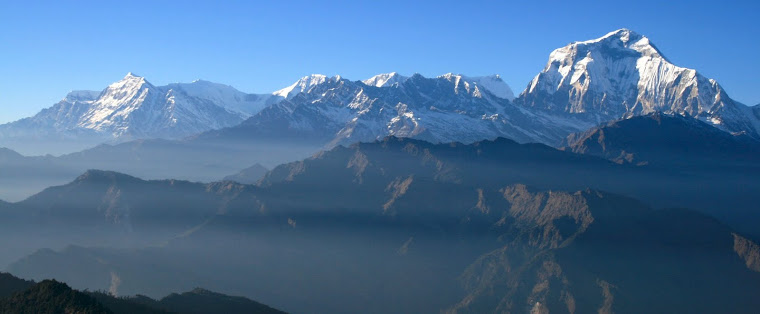The
major political parties last week reached an agreement to open doors
for a logical conclusion to the peace process. Constitution writing is
also now looking promising to conclude in the near future. Sooner or
later, with or without yet another extension of the deadline, we will
have a new constitution. That is all well – conclusion of two important
political agendas – peace and constitution.
But what after peace and constitution?
Unfortunately, policies and vision are rare terms in our political and social vocabulary. Contemporary discourse, now for some good years, has stalled within the dual walls of peace and constitution. It seems as if these two “big” issues have obscured our ability to look what lies beyond them. We occasionally discuss other matters, and rarely question “what next”. We have been talking about the idea of “New Nepal”. What constitutes a “New Nepal” is anyone’s guess.
During Jana Aandolan-I, people were promised lofty dreams such as “turning Nepal into Singapore”. Time has now proven those were not more than propaganda. However, on defense of the failed promises – they had an element of a plan for the future. Those were, in one or other form, visions. Albeit unfortunately never intended to realise.
This time around we have not seen any concrete plan for the future from any of the mainstream political parties. One wonders if there are any at all. All we hear is peace, constitution and consensus.
This brings us to our tricky politics and behavior of its practitioners. We have seen the political practice limit mainly around shortsightedness, selfishness and parochialism. One wonders if there ever has been a sincere attempt to work towards some long-term goal for a better future for the nation and its citizens. Contemporary politics gives us little assurance that things are any different today from the past.
If we are to head towards achieving the goal of a better future, it is time the style of doing things changed. It is time we start questioning the actions of those who claim to represent us and demand answers of their actions. It is time those who claim to be policy makers do their number one job – put forward policies, plans and vision, and initiate discussion on how to implement and achieve outcomes. It is time our leaders realise they have the opportunity to “lead”, rise above the parochial interests, and be role models.
It is not suggested here that it is only the fault of the politicians for the country’s situation. However, as guardians of the nation, they should take a fair share of the blame. It is also not suggested that the political leaders alone can fix all our problems. However, as the office bearers of the state apparatus, they should take a fair share of the responsibility to lead the nation on a different and a better course.
We now have an opportunity to do the right thing; to do things differently. It is time we start to think beyond peace and constitution. It is time we work for a better future of this nation and its citizens. It is time we act for the future of this generation and the generations to come. Otherwise, when our children and grand children look back they will not forgive us for our inability to look beyond our own interests and our failure to think about their generation. That is definitely not something we would want ourselves to be remembered as.
Two things need to be in the list of top priorities after the achievement of peace and constitution. In the short term, take steps to address the ailing living conditions of the general public. More importantly, provide a roadmap for a better future and how to implement it. Otherwise, very soon another political force would emerge on the streets to invent the wheel all over again. Do we want to seize the opportunity now or do we want to once again delve deep into the cycle of yet another revolution?
***

No comments:
Post a Comment